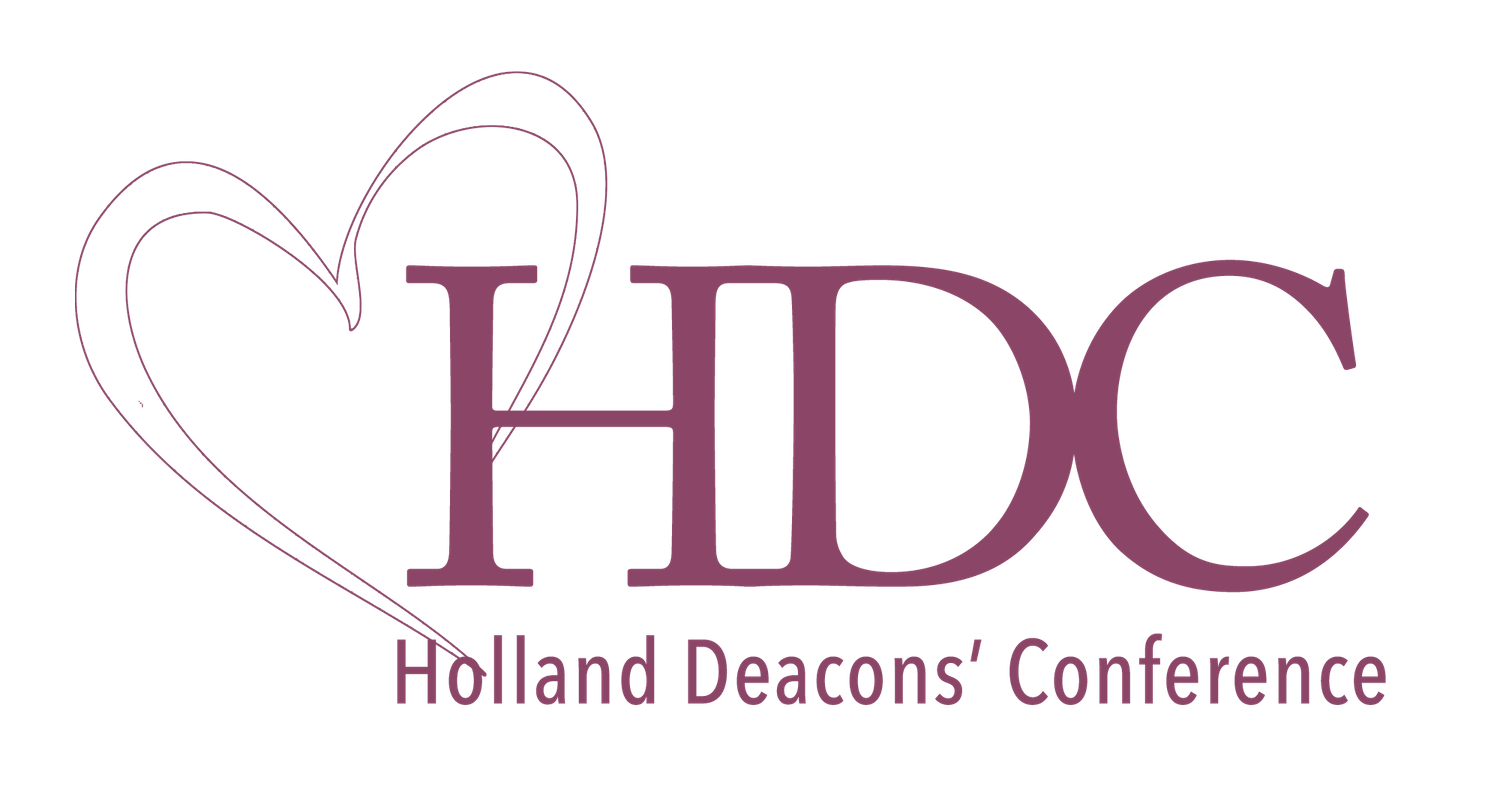It is quite normal for deacons to reflect on the role that they play when it comes to considering the concept of mercy. Giving the same consideration to the concept of justice quickly raises more questions, especially in a polarized political context.
So how do deacons give leadership to this part of their mandate?
This article is intended to help deacons look at doing this in a way that provides careful, yet clear leadership.
Matthew Tuininga, assistant professor of moral theology at Calvin Theological Seminary in Grand Rapids, Michigan, in a lecture hosted by The Gospel Coalition notes that
The diaconate is responsible to ensure that the church exemplifies what a just society should look like. It preserves the church from the hypocrisy of practicing an otherworldly gospel.
In a recent Network post, Matt provides churches with a healthy theological framework for approaching the ministry of justice, using John Calvin’s Theology of the Diaconate for that framework. This post includes a video where Matthew considers how a church can approach living out the above quote. Matthew is the author of Calvin’s Political Theology and the Public Engagement of the Church: Christ’s Two Kingdoms, a book on which his video is based.
The mandate for deacons as expressed in the recommended oath of office [Form for Ordination] can generally be expressed in these four categories:
Equip and educate the congregation for a ministry of service
Develop and support meaningful ministries
Address systemic injustice
Lead by example
For our purposes in this article, we are primarily concerned with numbers 1 and 3. The material above from Matthew Tuininga is excellent for educating the congregation. The Faith Formation team of the CRCNA has also developed an easy guide for thinking through how to meaningfully educate and engage members in justice initiatives and learning.
Their brochure is called Ten Ways To Do Justice and is available [here] in pdf form. The Forum, in its Winter 2019 issue, produced by Calvin Seminary, carried a great discussion on Loving Your Neighbor which can also serve as an educational source.
Let’s look at a few just to get the idea.
Two natural justice issues for deacons, but ones that are often easily forgotten or assumed to be just administrative in nature, are disability concerns and that of maintaining a safe space for worship.
Two joint CRC/RCA denominational offices support churches in developing policies and responses around these issues.
Disability Concerns provides great support to thinking through how do we accommodate and support people living with a disability.
Safe Church Ministry, for both CRC and RCA, equips congregations in abuse awareness, prevention, and response. Both these areas are ones deacons need to have on their agenda as part of an annual review ensuring that policies are up to date and that programs are in place for members dealing with these issues.
A great way to start to reflect on issues of diversity and race, certainly a current issue, is to take advantage of the workshop offered by the Office of Race Relations called the Cultural Intelligence Building workshop. It focuses on concrete skills to improve our ability to act and react in positive ways across cultural lines.
These four concrete skill areas are:
Knowledge
Motivation
Interpretation
Behavior
Through carefully tailored interactive exercises, participants become aware of their personal life-long journey in Cultural Intelligence, as they build their own capacity to improve their CQ over time. When you are ready to dig deeper there are a host of additional resources offered by the Office of Race Relations.
The CRC denomination is a leader in addressing creation care, an issue consistently in the news. The CRC Synod of 2012, as part of its statement on creation care, encouraged the development and use of resources to help churches take our environmental concerns seriously. Here is a list of excellent resources to help churches not only study the issue but create an action plan as a response.
A great example of churches working on an aspect of creation care is the work being done by in partnership with Calvin College’s initiative on the Plaster Creek watershed in Grand Rapids Michigan. The program called Plaster Creek Stewards is an example of a great way to educate and involve members creatively. In addition, there are also great programs to support as exemplified through the international work of World Renew.
Besides the two previous examples, the Office of Social Justice and the Centre For Public Dialogue provide a host of resources and discussion guides to facilitate dialogue and advocacy on a number of issues.
What role is best for deacons to take when it comes to these issues?
The ability to address one or more issues will obviously vary depending on the church and their context. Here are some ideas for deacons as they think through their responsibility to be “prophetic critics of the waste, injustice, and selfishness in our society.”
Lead the congregation through some Adult Education sessions to determine what issues are relevant for them and the church’s context. You can use ideas from a related article on defining justice, materials from the paragraph above authored by Matthew Tuininga, or materials that you find yourselves that are appropriate to the discussion.
To develop action steps around any issues that the church decides to take on, delegating the follow up to a Justice Taskforce, or its equivalent, is appropriate organizationally. Establishing such a Taskforce as a sub-committee of the diaconate and accountable to the deacons will assure its support, sustainability, and accountability.
Make sure that there is regular reporting of the Taskforce to the deacons around the mandate the Taskforce has been given.
Help your Taskforce(s) find partner organizations, locally, nationally, or internationally, that can help them carry out their plan.
Exert organizational leadership around the full deacon mandate (see related article).

